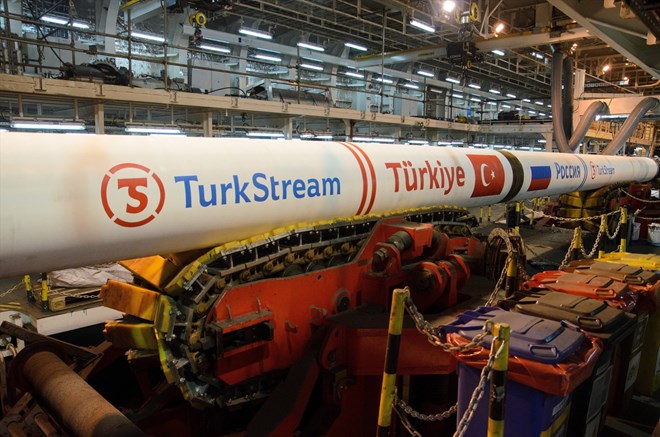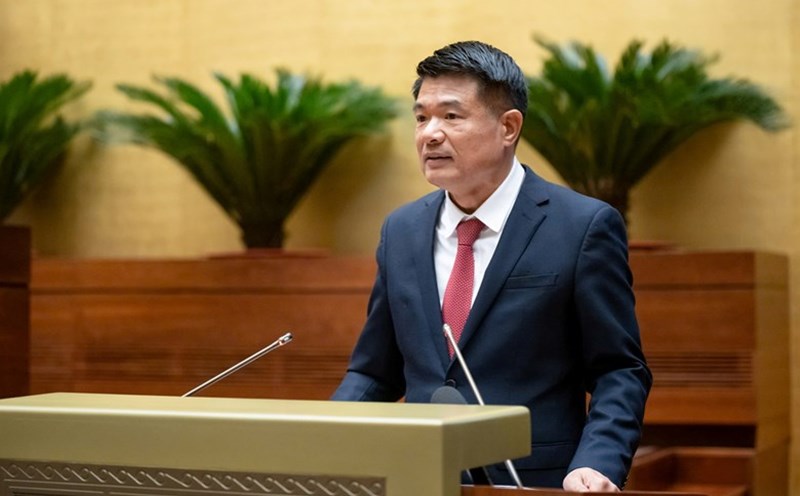Russian gas exports to Europe via Ukraine were stable on November 25 despite a contract dispute between Russia’s Gazprom and Austria’s OMV that halted gas flows to the Vienna-based company this month.
Russia stopped supplying gas to OMV in mid-November due to a payment dispute, but gas flows to Europe via Ukraine remained stable as other customers continued to buy more Russian gas, Reuters reported.
The process of transporting Russian gas through Ukraine became complicated by the conflict that broke out in February 2022.
The current five-year gas transit deal between Russia and Ukraine expires on December 31 and Kiev has repeatedly said it will not enter into talks with Moscow on extending the deal.
Gazprom sent 42 million cubic meters of gas to Europe via Ukraine on November 25, unchanged from November 24.
Data from transmission system operator Eustream showed that gas bookings from Ukraine to Slovakia were stable on November 25.
Gas flows from Slovakia to Austria were at similar levels to the weekend but about 18% lower than last week while gas flows from Slovakia to the Czech Republic were down about 5% compared to last week.

According to Hurriyet Daily News, also related to the flow of Russian gas through Ukraine, Hungarian Foreign Minister Peter Szijjarto stated that Hungary is confident that it will not be affected when gas stops being transported through Ukraine because of the TurkStream pipeline.
A gas transit deal through Ukraine expires at the end of this year, raising concerns about gas supplies in European countries dependent on Russian energy.
However, Foreign Minister Szijjarto assured that Hungary is well prepared to deal with this scenario.
“Stopping transit through Ukraine will not affect us,” Szijjarto said at the Istanbul Energy Forum in Türkiye.
Stressing the importance of TurkStream – a pipeline running from Russia across the Black Sea to Türkiye and connecting deeper into Europe – the Hungarian diplomat highlighted the country's steady imports.
Hungary currently imports more than 20 million cubic metres of gas per day, with this year's supply already exceeding 6.6 billion cubic metres, more than last year's total imports.
Mr. Szijjarto stressed that Hungary does not need alternative gas pipeline routes thanks to the existing infrastructure.
The Hungarian Foreign Minister also noted important milestones in energy cooperation, with Hungary becoming the first non-neighboring country to import gas from Türkiye, with an initial purchase of 250 million cubic meters.
Hungarian gas trading company is in talks with Turkish Oil and Gas Pipeline Corporation (BOTAS) on a new contract that would further boost oil and gas cooperation between the two countries' businesses.
Foreign Minister Szijjarto stressed the goal of completing gas supply agreements and forming a strategic alliance between Hungary's MOL oil and gas company and Türkiye's TPAO for joint projects in 2024.











